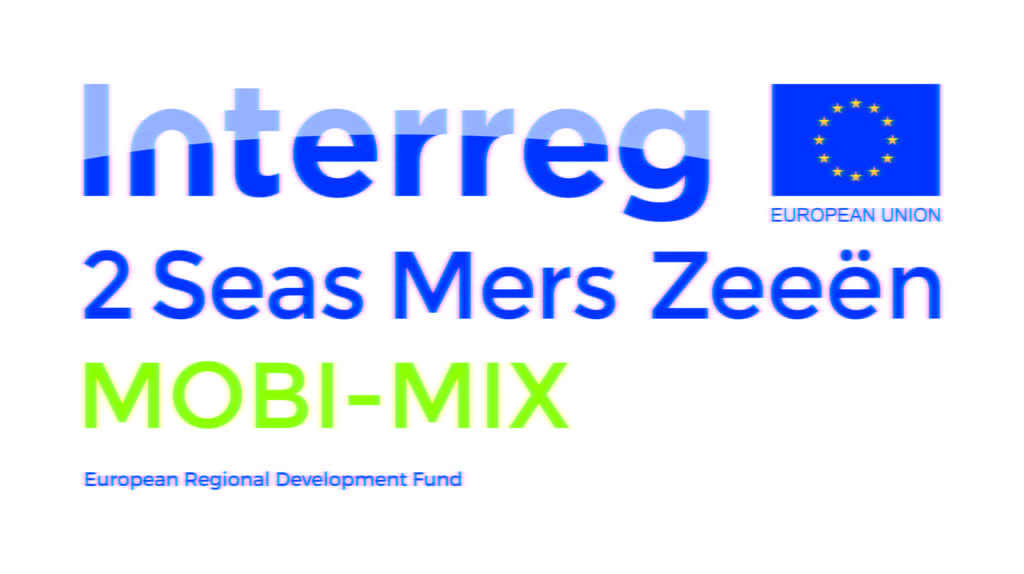How to measure the impact of MOBI-MIX shared mobility pilots? The MODE framework as a novel solution
What is the real impact of shared e-scooters projects? How do they affect car use and CO2 emissions? And who are the early adopters? These are some of the questions we are now able to answer thanks to the MObility DEcisions (MODE) framework. The framework uses a three-step methodology applied within the MOBI-MIX project. It accompanies mobility pilots in the planning, implementation, and assessment stages, treating each case as a natural experiment (yes, that same approach which won a Nobel prize in economics in 2021!).
Albert Gragera will be presenting the preliminary results of Norfolk's shared e-scooters pilot during the POLIS Conference on the 2nd December 2021, in the (4e) Macro-managing micromobility session.
Here’s a taster in case you cannot make it to Gothenburg.
Shared e-scooters diversifying the mobility offer in Norfolk
Looking to support a ‘green restart’ of local travel post-COVID, Norfolk County Council is one of the cities that has embraced this novel mobility solution, running two shared e-scooter pilots in Norwich and Great Yarmouth. To avoid issues encountered in other cities, Norfolk has been looking at measures which ensure the safe and legal use of e-scooters (e.g., rental and return to designated parking bays only, geofencing and fining use in prohibited areas such as pedestrianised streets, capped top speed, valid driving license required, etc.). To understand the impact of all these measures, we are using MODE throughout the entire pilot implementation.
What we learned so far
We performed an exploratory assessment of impacts based on existing literature and case studies. From there, we estimate that the number of active users could be around 15k and the carbon reduction would be around 77 tons/year.
During the second step, we launched a stated preference survey to be able to do an ex-ante evaluation. By now, based on the sampled responses, we have learned that:
- Young people (18 - 40) are the early adopters, with men being more likely than women to join the shared e-scooter service
- Heavy bikers or car drivers show a higher probability to join the scheme
- One of the biggest deterrents for joining the scheme is granted parking availability at work
- The potential number of users could be 100k out of which 25k active
- The trips would be shifted from bus (16.7%), car (9%), and walking (8.3%)
- The most likely reason to shift is for leisure-related trips
This is just a sample of the aspects we could observe. Our next step will be to launch a second survey, to compare intended impacts with real ones, and establish causality. This allows us to assess differences in travel behaviour, vehicle ownership, awareness and attitudinal changes between users and a control group. Based on the final results, we will translate lessons learned into policy recommendations which support Norfolk to make informed decisions for sustainable urban mobility planning and achieve wider city goals.
If you’d like to know more about the MODE framework, have a look at the PDF below and get in touch with us.

















